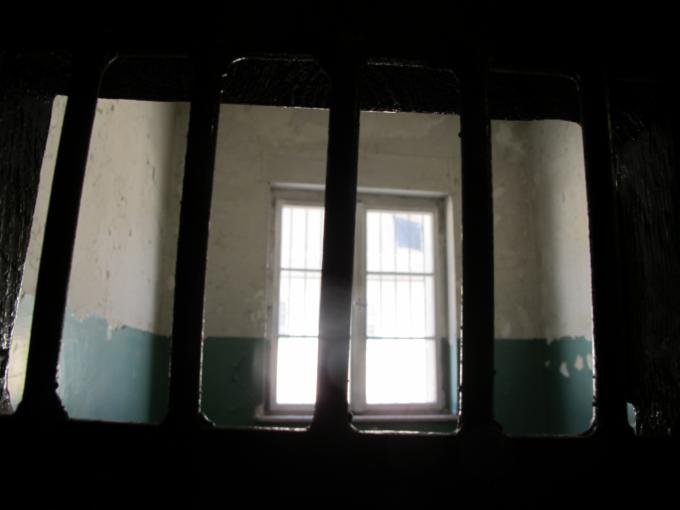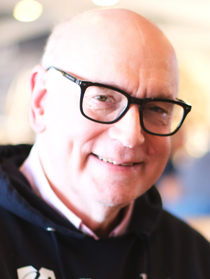
Culture
The books show people giving heroic Christian witness at a time when many fellow Christians, including priests and bishops, were wobbly and complicit in the face of evil.

Duncan
Two enthralling books were just published that document how two Catholic laymen, Dietrich von Hildebrand and Josef Hartinger, in the exercise of their respective professions, public philosophy and law, directly took on the evils of Hitler and the Nazi party at an early stage and yet managed to survive to tell about it. The books show people giving heroic Christian witness at a time when many fellow Christians, including priests and bishops, were wobbly and complicit in the face of evil.
Dietrich von Hildebrand was a prominent moral philosopher and convert to Catholicism who wrote a personal memoir for his wife Alice Jourdain, about his battle with Hitler. Just published by Image Books under the title "My Battle against Hitler: Faith, Truth and Defiance in the Shadow of the Third Reich," the story of von Hildebrand's opposition to Nazism preceded the Munich Beer Hall Putsch of 1923, when Hitler's storm troopers led an abortive coup to take over Bavaria. The coup attempt failed, but during his time in prison Hitler wrote "Mein Kampf," an account of his crazed vision of racial supremacy and German world domination that became a blueprint of the Third Reich when he came to power in 1933. Von Hildebrand was there to constantly warn that Hitler meant what he said, and that, far from being Germany's savior, Hitler was its Antichrist and destroyer.
He had to flee his professorship at the University of Munich in 1933 when Hitler came to power because he was on Hitler's hit list. He moved to Vienna, where he founded a periodical dedicated to combating Nazi ideology and resisting Nazi attempts to devour Austria. In 1935, for example, he wrote, "If a state, employing the fullness of its inherent dignity, and by means of its divinely ordained authority, enacts laws that profoundly conflict not only with all natural law, but even with the commandments of God; if deeds which must be called criminal are perpetrated on a daily and hourly basis in the name of this state authority; and if the spirit that fills this state is a spirit of brutal force, unparalleled injustice, diabolical hate, and mindless impurity, there will be a much greater danger of demoralization, even for all those who do not live within its borders." He called the "unparalleled persecution of the Jews" a repudiation of "any and every human solidarity." Indeed, the book explains that in his 1933 lecture in the Catholic seminary in Vienna, "when he exposed as un-Christian the anti-Semitism widespread in Austria, half the seminarians left in protest."
When the Nazis seized power in Austria in 1938, von Hildebrand makes a Sound-of-Music style escape, from where he ended up teaching philosophy at Fordham University in the Bronx. Dietrich von Hildebrand was a prophet, and I can only concur with the assessment of Pope Pius XII, whom knew him well, when he called him "a 20th-century doctor of the Church."
The other book documenting early Catholic resistance to Hitler is Timothy W. Ryback's "Hitler's First Victims: The Quest for Justice," just published by Alfred A. Knopf. It tells the story of Josef Hartinger, a devout Roman Catholic and 39-year-old public prosecutor in Munich who sought to prosecute the commandant and guards of Dachau Concentration Camp in 1933 for the murder of Jewish inmates. As Ryback comments, "He willingly risked everything--his career, his welfare, even his life--in the unflinching pursuit of justice…His story suggests how vastly different history might have been had more Germans acted with equal courage and conviction in that time of collective human failure." What is amazing is how early in the history of the Nazi regime these murders evinced a pattern that would become sickeningly familiar in the ensuing years: "The murder of Jewish detainees in Dachau that spring involved the constituent parts of the genocidal process -- intentionality, chain of command, selection, execution -- we have come to know as the Holocaust." Read these excellent books and resolve never to become complicit in evil.
DWIGHT G. DUNCAN IS PROFESSOR AT UMASS SCHOOL OF LAW DARTMOUTH. HE HOLDS DEGREES IN BOTH CIVIL AND CANON LAW.
- Dwight G. Duncan is professor at UMass School of Law Dartmouth. He holds degrees in both civil and canon law.
Recent articles in the Culture & Events section
-
'Dignitas' and the mediaRussell Shaw
-
Scripture Reflection for April 14, 2024, Third Sunday of EasterDeacon Greg Kandra
-
St. Helena's House is established in the South EndThomas Lester
-
Is this synodality?Russell Shaw
-
Poking the hornet's nest of IVFFather Tadeusz Pacholczyk


















